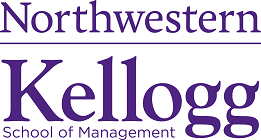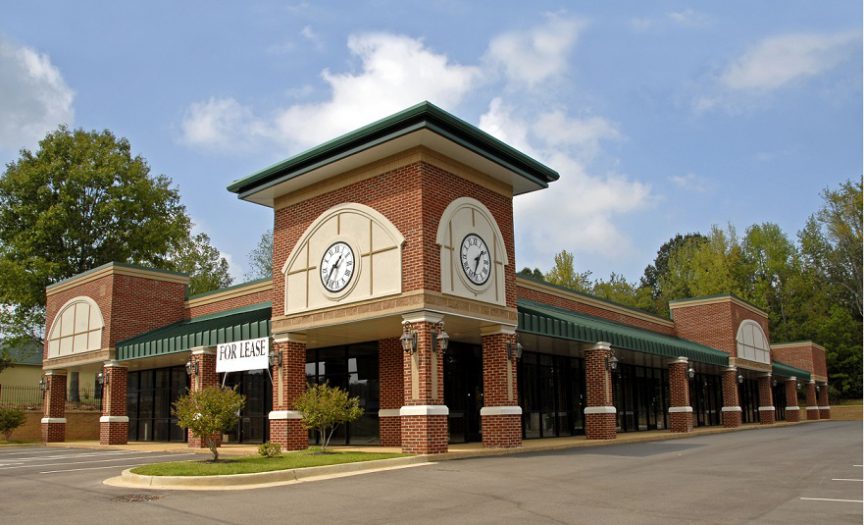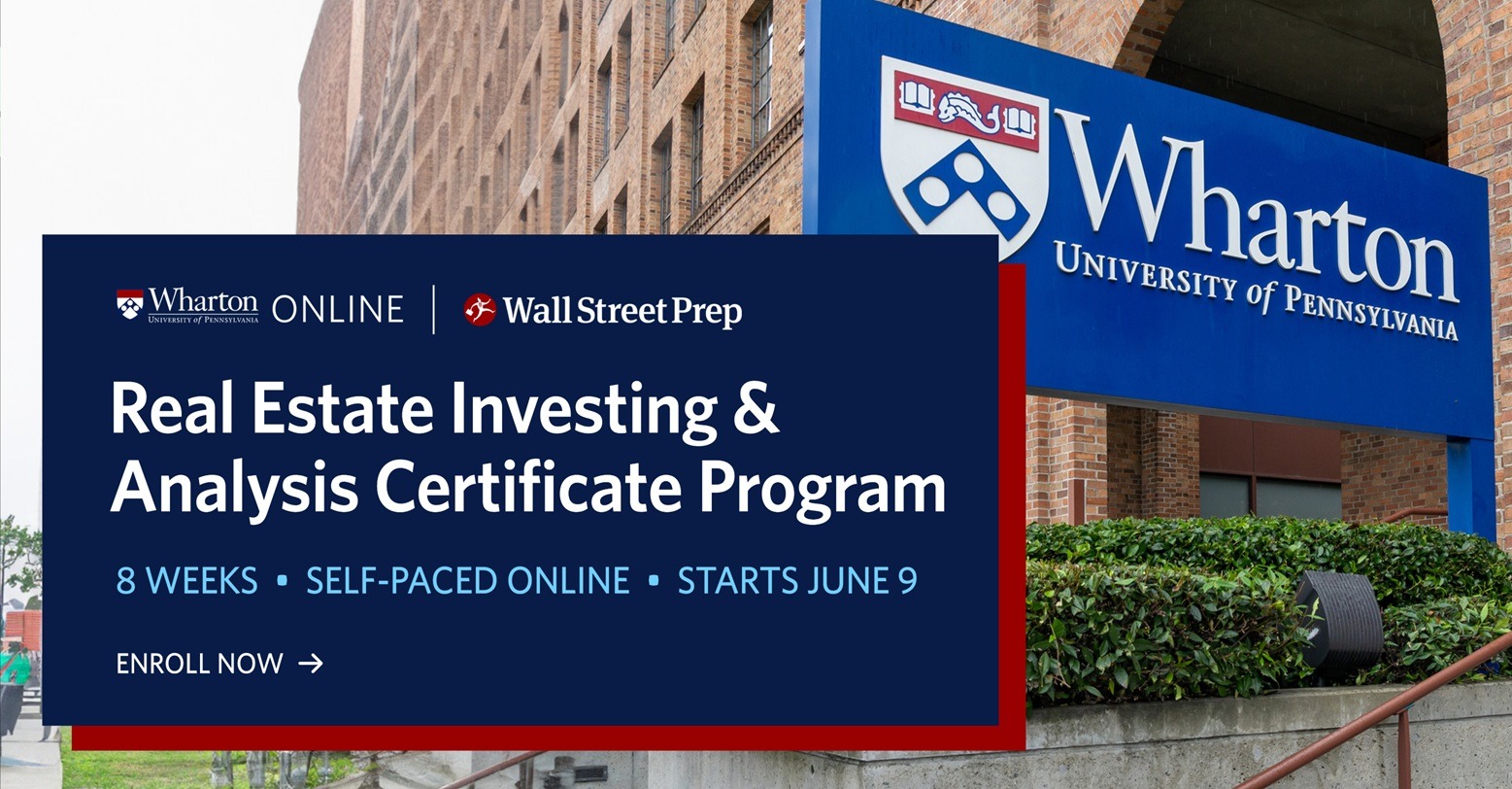Real Estate is one of the oldest investment instruments. Before English and Dutch traders figured out joint stock ownership in the 16th century, the real estate sector was the biggest recipient of investment capital. And even though financial instruments and derivatives markets are bigger today, real estate still remains attractive given that its a finite resource.
Real Estate is not just residential properties as most people seem to think. Commercial real estate is what the biggest banks and funds are generally interested in and that is where the mega deals happen. Regardless, both are attractive options and crucial to creating a well-diversified portfolio. REITs have also revolutionized the market and provide investors a much more palatable entry point and greater liquidity. We even have real estate derivatives these days that mimic real estate returns while providing investors with the same liquidity as financial instruments.
As attractive as real estate is, investing in this asset class is still a tricky proposition. Some people have a natural panache when it comes to real estate but for the rest of us, these courses offer a great starting point.
1. Real Estate Investing & Analysis Certificate Program from Wharton Online
(Note: Use the above link and code BANKERSBYDAY for $300 off tuition on this course)
Course Review
It is said that the barriers to entry in real estate are low but the barriers to success are high. Most analysts or investors think very intuitively about real estate and that might work some of the time. But if you need consistent success, you need to treat it like a proper asset class and that comes with a lot of unique features and its own set unique valuation methodologies. That is pretty much the focus of this course. The idea here is to teach you real estate as an asset class and there are few better than Wharton and (Wall Street Prep) WSP who can do that.
Wall Street Prep is essentially one of the top course providers to investment banks and investing firms and have been around for quite a while now. They have partnered with Wharton to bring the best of both world’s to the table and this course is the result of that partnership. You will be hard pressed to find a course that perfectly balances academic theory with real world investment experience. The course is well structured, thorough and delivered by legendary leaders and industry practitioners. This is what institutional investors teach to their hires.
I won’t go too much to the course curriculum and instead will just link it all below, but here is a brief summary of the modules you will be covering. Firstly, you are introduced to real estate as an asset class including valuation strategies, investment goals, investment framework, DCF, comparables, return types etc. Financing and taxation is next followed by the a module on how the deal actually goes through in real time. There are plenty of case studies here as well. Then you have two more modules on real estate investment analysis and modeling. This is followed by analysing risk factors both at the property level and the market level. Lastly, there is an investment case study which is essentially your capstone project.
This course is meant for real estate professionals but the curriculum has been designed to be suitable for both finance and non-finance professionals.
Click here and use code BANKERSBYDAY for $300 off tuition on this course!
Summary
| Duration | 8 weeks total, about 8 hours a week. |
| Format | Self-paced, fully online, scheduled dates |
| Level | Executive |
2. Real Estate Economics and Finance from The London School of Economics and Political Science
Course Review
A solid real estate investment course with a focus on traditional hedonic pricing as well as income generating potential of a property. A great opportunity to learn some new tricks while also building your personal brand with some solid certifications.
The first few modules of the course focus on the economics of cities. How agglomeration has affected real estate prices, what drives urbanization, how to identify central locations and future hot spots, predict commerce and industry locations for the future. Its an illuminating approach to real estate. Supply and demand has a role to play as well and you will learn how to gauge and predict it for the real estate market. Where is supply constrained, and how it is likely to affect the price. Real estate market is also affected by business cycles to getting in at the right time is important. You will learn to identify factors that signal a cycle change and how to deal with that.
What I really like is how they evaluate a building based on a set of features. Like adding features to the base model of a car increases its price. this model is not perfect but it is something that should always be in the back of your mind and will help you decide. other fundamental properties like rental income and other streams are also explored.
The last few modules focus on mortgages and diversification. How to use mortgages to multiple return, leaning about WACC, different types of mortgages and financing options etc. The diversification topic includes identifying what properties to invest in and how to choose investment trusts. The very last module is on sustainable real estate which is very important from a forward-thinking point of view. What are the additional costs involved to make an investment sustainable and how to maximize returns while remaining sustainable.
Click here and use code GS-AF-BBD15 for a 15% discount on this course!
Summary
| Duration | 8 weeks total, about 8 hours a week. |
| Format | Self-paced, fully online, scheduled dates |
| Level | Executive |
3. Oxford Future of Real Estate Investment Programme
Course Review
As an asset class, Real Estate may have been around for centuries, but that doesn’t mean its not rapidly changing. Tectonic shifts like climate change, demographic shifts and the focus on sustainable development and resource usage is affecting this industry as well. And that is the focus of this excellent Oxford course which is one of the few that really captures the depth of the issue so well.
The first few modules focus on the traditional real estate stuff. How it works as an asset class, how it relates to other markets, what factors affect real estate values, what drives its value, various valuation methods, debt and equity financing, appraisal methods and so on. This lays down a solid framework that all real estate investors would benefit from. From there, we start moving into commercial real estate and how it is changing based on current trends. That includes rents, location, legal consideration, and the global megatrends that i mentioned earlier.
The latter half of the course focuses on future of housing and residential crises, sustainable development and future cities, and the future trends in real estate funds, portfolios and capital markets. This includes a discussion around topics like housing as a social need, innovations to solve the housing crises, and managing the balance between this and the need to turn a profit. This is something that everyone should be focusing on if not doing so already.
New risks are affecting the real estate market like climate change, availability of water and risks of that nature. These will impact lives as well as how we invest in real estate. In addition to discussing these technical topics, financial topics like how real estate funds and portfolios will be managed int he future are also discussed.
This course provides a unique insight into the future of real estate that most other courses skip on. I am sure more courses will start incorporating these topics in the future, but for now if you are interested in real estate not just for today but tomorrow as well, then this is the course for you.
Click here and use code GS-AF-BBD15 for a 15% discount on this course!
Summary
| Duration | 6 weeks total, about 8 hours a week. |
| Format | Self-paced, fully online, scheduled dates |
| Level | Executive |
4. Commercial Real Estate Analysis and Investment from MIT
Course Review
This course offering from MIT looks at Commercial Real Estate from both the macro as well as micro perspectives. Which means you will look at individual investment opportunities as well as capitals markets and portfolios. Thy dynamic between them an be different and you can choose where to invest based on capital considerations as well risk tolerance and other factors.
The first few weeks lay the foundation with the financial and economic concepts of the real estate market as well as the tools used. How return is measured, how risk is measured, how cash flow is calculated, the major elements in real estate, space market, supply and demand as well as forecasting for future demand. Once the basic foundation is laid, you move on to meatier topics like micro level property valuation and investment analyses. This is done using cash flow proforma and other financial tools.
Next up is the use leverage and financing the deal. Leverage can impact growth as well as yield and its important to carefully model this. Real estate debt is different to normal debt both in terms of cost as well as seniority of claims, mortgage underwriting criteria and management. You need to be top of this stuff if you intend to use debt at all to improve your RoI.
Finally, we move on to the macro level stuff. How to use modern portfolio theory for real estate investments, how to optimize your property mix, performance attribution and manager performance, bench-marking methodologies and return evaluation. You will then use all the tools learned so far to perform the investment analysis. Using a combination of NPV, financial feasibility and cost of capital, you will determine the worth of a real estate asset.
Click here and use code GS-AF-BBD15 for a 15% discount on this course!
Summary
| Duration | 6 weeks total, about 8 hours a week. |
| Format | Self-paced, fully online, scheduled dates |
| Level | Executive |
5. Real Estate Financial Modeling from Wall Street Prep
Who is this for?
Investment bankers and private equity analysts working with real estate as an asset class, CRE (Commercial Real Estate) analysts.
Course Review
Most real estate courses focus on the theory and broad concepts which is fine if you are at a senior level and someone else is doing the core analysis for you. But if you want to really get in there and crunch all the numbers in an Excel in precise detail, then this is the course for you. Its mostly been created for investment banking and private equity analysts who have to deal with real estate assets.
Wall Street Prep trains investment bankers and private equity analysts at some of the world’s top firms like Goldman Sachs, Morgan Stanley, Lazard, JP Morgan, Evercore, Moelis, KKR, Bain Capital, The Carlyle Group etc. This is the same course that is taught to incoming hires at those firms so you know you are getting access to the best training programs out there.
Because this course has been made to cater to the industry, it is very practical and really gets down into what you need to do once you sit on your desk in front of a computer and have to make a real estate model. It’s the closest you can get to on-the -job training.
The lessons are presented in very small video lessons which makes everything easy to follow and digest. You never feel overwhelmed and I feel like dividing the content into 3-10 minutes videos makes it a lot easier to plough through them.
If you are looking for a practical course that teaches you the day-to-day of real estate modeling, then you can’t really go wrong with this one.
Click here and use code BANKERS for a 15% discount on Wall Street Prep!
Summary
| Duration | 20+ hours |
| Format | Self-paced, fully online, scheduled dates |
| Level | Intermediate |
6. Commercial Real Estate Specialization from CFI
Course Review
The Corporate Finance Instate offers a number of top-rated courses and certifications for finance professionals and this one is no exception. It’s a bundle of specialized real estate financing modules and case studies that will prep you for the real deal.
The specialization takes you along the entire real estate investment journey from identification to closure. You start by learning the fundamentals of real estate investing like identifying property types, underwriting parameters, lending ratios etc.
There are several modules on commercial properties which is something I really like. Commercial real estate is where the bulk of investments happen and its something that I personally focus on as well. But these can be complex as there are multiple cash flow channels and variables to consider. CFI’s real estate courses dives deep into commercial mortgages, construction linked lending, construction financing, structured loans, environmental due diligence etc. There is enough here for the most discerning investor.
My favourite module though is the one on real estate financial modelling. This has been done on the same level as what I have seen in the real world. You will learn to build an interactive model that takes care of debt, equity, cash flow, returns, due diligence, all the ratios and metrics, summary memos etc. You also have a big case study to cap off all that you have learned and it goes a long way in giving you the confidence needed to work on real transactions.
Click here and use code BBD10 for 10% off!
Summary
| Duration | About 40-50 hours |
| Format | Self-paced, fully online |
| Level | Intermediate to Advanced |
7. Real Estate Finance and Investment from Northwestern Kellogg
Who is this for?
This is an executive level course for CEOs, CFOs, managing partners, directors, high-net worth investors to help them stay on top of the industry, and keep in touch with industry trends. Real estate investment professionals will also find a lot of value in this advanced program.
Course Review
Kellogg is a top business school and this course has a clear management angle from which it tries to look at the real estate market. You are dealing with value sources, valuation, financing options, taxation and other such topics that are of strategic importance rather than the day-to-day handling of real estate properties or finances.
I have dealt with a lot of asset classes as a banker, but real estate is something that is fascinating and unique because each asset is unique and unlike anything else. There are hundreds of factors at play, and this course beautifully stitches everything together. The attractiveness of a leased property, valuations based on cash flow, the use of debt and investment property mortgage, credit implications, the use of equity partnerships and why they are so popular, private equity waterfall models, mechanics to optimize tax and capital gains – this course has it all.
There is plenty of real world insight, case studies and practical guides to starting your own real estate journey as a decision maker. You will learn to analyze real estate investment opportunities holistically, using robust models and how to structure them for optimum returns. I highly suggest you download the course brochure using the link below to get a better understanding of what is on offer and how it fits with your personal learning goals.
Click here and use code GS-AF-BBD15 for a 15% discount on this course!
Summary
| Duration | 6 weeks total, about 8 hours a week. |
| Format | Self-paced, fully online, scheduled dates |
| Level | Executive |
8. Real Estate Financial Analytics from the MIT School of Architecture and Planning
Who is this for?
An advanced, executive level course that dives deeper into the mathematical and financial aspects of real estate investment. Best suited for business leaders, real estate investors, analysts, valuators, commercial real estate bankers, investment portfolio managers etc. This is a finance-heavy course so having a basic understanding of financial concepts and Excel modeling is a must.
Course Review
Finance has become highly mathematical, analytical and data driven but real estate investing is something that has lagged behind a bit in terms of data driven investment analysis. This course is the perfect way to fix that shortcoming when it comes to analysis real estate opportunities.
MIT has created a highly analytical and robust course offering that covers topics like real estate price dynamics and the stochastic process that govern their it, quantitate modeling of uncertainty and risk, tracking real estate indices to measure performance, creating forecasts and dealing with flaws in your forecasts, simulation modeling for real estate investments including Monte Carlo, analyzing and creating various data for real estate etc.
These are concepts that have been used extensively in the financial markets for analyzing derivatives, equity and debt instruments for a while now. However, for real estate investing this is still a fresh atopic where vast inroads are being made every day. If you are even remotely interested in real estate analytics, I highly suggest you download the course brochure using the link below to get an idea of what is happening at the bleeding edge of real estate analytical finance.
Click here and use code GS-AF-BBD15 for a 15% discount on this course!
Summary
| Duration | 6 weeks total, about 7 hours a week. |
| Format | Self-paced, fully online, scheduled dates |
| Level | Executive |
9. Real Estate Investment and Development from Rice University
Who is this for?
This course covers both the financing aspect as well as part of the development process of real estate. because of that it is better suited for professionals who are not just investing in real estate but are related to its development as well.
Course Review
The course is divided into various modules. The first few cover the basic real estate investment decision process like identifying the risk-reward trade-off, using financial tools to assess investment opportunities, looking at single as well as multi-period investments, calculating returns, define and assess the market, dealing with growth rates, evaluating different property types and analysing factors that affect the value, risk, return characteristics. This is a more in-depth and finance heavy course which should be appealing to hardcore investors.
Then we move on to real estate development and evaluation. This means deciding whether to develop a property, using market studies, human resource considerations and the different phases of development. Economic feasibility is also explored by looking at elements of a feasibility study, exit startegy, timing of cash flow and absorption rates. As I said earlier, this is a more involved course focusing on deeper aspects.
Property evaluation and the use of leverage get their own separate modules. Rents, leases, cash flows, as well as financial models utilizing these components are evaluated in depth. This is essentially the bedrock analysis that defines profitability. Leverage of course plays a role as well, while also altering the risk-return characteristics. Real estate is a capital intensive asset class and this balance needs to be maintained with care using WACC, IRR and other basic financial concepts.
You may also be planning to bring in equity partners and how that works is also explained here. How to asses the desirability of such an equity partner, how to incentivize partners, what factors affect this partnership and so on. And finally you will bring all of this together to make the ultimate investment decision. using a combination of NPC, discounted cash flow method, market value changes, the necessary due diligence etc.
Click here and use code GS-AF-BBD15 for a 15% discount on this course!
Summary
| Duration | 8 weeks total, about 8 hours a week. |
| Format | Self-paced, fully online, scheduled dates |
| Level | Executive |


